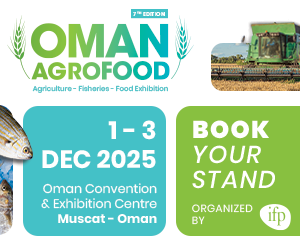According to Hamond Motsi, a PhD student at Stellenbosch University, China’s expertise could significantly boost agriculture in Africa. At the recent China-Africa Summit in Beijing (4-6 September), China pledged $50 billion to invest in sectors like transportation, energy, trade, healthcare, agriculture, and infrastructure. This partnership could be key to improving Africa’s agricultural productivity.
China’s agricultural success—lifting 800 million people out of poverty in four decades—serves as a model for Africa, where agriculture remains underutilized despite its vast land. Africa imports $60 billion in food annually, yet China’s population and Africa’s are nearly equal, at around 1.4 billion. With strategic collaboration, Africa stands to gain significantly from China’s advanced agricultural practices, which include modern machinery, high-tech farming, and an educated extension services network.
China has already committed to establishing agricultural demonstration centers in Africa, offering 500 agricultural experts and creating a China-Africa agricultural science and technology alliance. These efforts will help African farmers adapt Chinese methods to local conditions, while involving universities and agricultural colleges to train the next generation of experts.
China has long supported African agriculture through programs focusing on crops like hybrid rice, maize, soybeans, and cassava, as well as livestock and infrastructure projects. However, past efforts have not solved Africa’s food security issues, making this new $50 billion pledge critical for meaningful progress.
Beyond agriculture, China’s investment in infrastructure—such as roads, ports, and railways—will enhance agricultural trade within Africa and improve export capacity, aligning with the African Continental Free Trade Area (AfCFTA) goals. China also plans to expand market access for African agricultural products by eliminating tariffs, opening more opportunities for African exports.
To fully benefit, African countries need to prioritize agro-processing industries, adding value to raw products like cocoa, tea, and tobacco. This could increase revenue and create jobs, while reducing Africa’s trade deficit with China.
In conclusion, Africa should take its collaboration with China seriously, as it offers immense potential to improve agriculture, address food security, and foster economic growth across the continent.



















































































